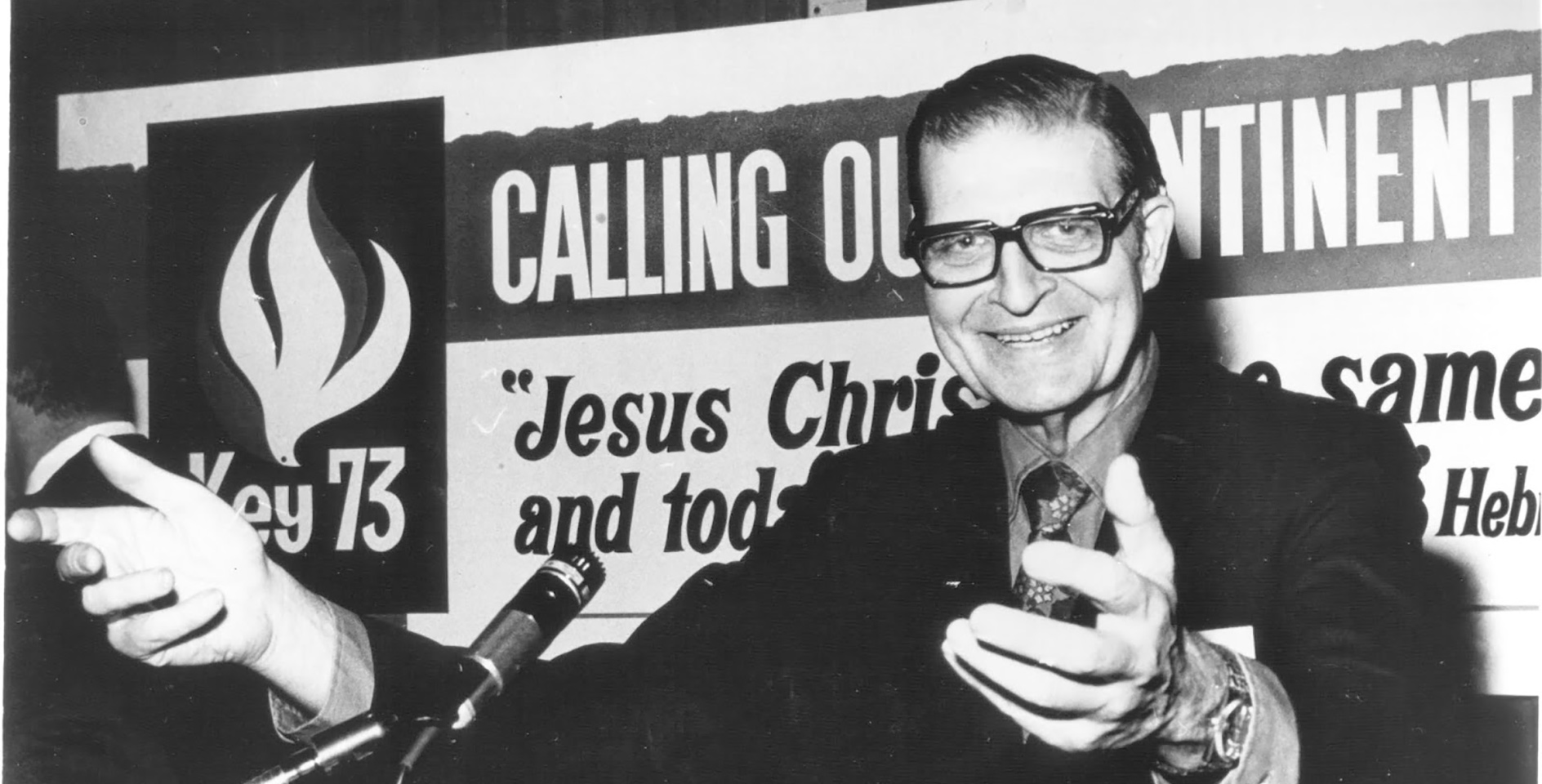Americans are certainly not strangers to controversies surrounding our political figures. From John Adams’s Alien and Sedition acts to Thomas Jefferson’s slaves to Bill Clinton’s carnal escapades, our political leadership history is filled with more than its fair share of crimes and misdemeanors. Incumbent upon citizens is the election of wise and righteous leaders, not perfect ones. Which imperfections are more serious than others, though, is too often a case of what a gallon of gasoline costs when the scandal breaks.
But what about Scott Walker? The Wisconsin governor is a hopeful for the Republican nomination to the Presidency. He is popular with many conservatives and has a strong track record of effective leadership in his home state. Yet around Walker has developed a cloud of controversy, and suddenly his fitness for the Oval Office is in serious question. What is this new dilemma?
Scott Walker never finished college.
To some, that sentence and its preceding paragraph should feature prominently in an encyclopedia of the world’s most anti-climatic revelations. Many Americans are not only untroubled by Walker’s summa cum nil, they are actually enamored by it. For these Americans—predominantly conservative in politic and modest in means—Walker’s lack of a college degree bespeaks a man who isn’t merely the product of a system monopolized by nihilistic secularism. It also makes Walker a more relatable figure to the roughly two thirds of Americans who have no higher education. These Americans tend to prioritize experience and character over education in their own families and communities. A Presidential nominee who reflects these values, then, is a welcome sight for them.
To others, however, Walker’s incomplete career in university is a serious matter that casts doubts about his ability to lead at the highest level. These concerned Americans would object that while a college degree does not itself bestow the capacity to lead the free world, it is one of Western culture’s most reliable indicators of intellectual maturity and readiness. If, as research strongly suggests, a bachelor’s degree is often the difference between those with jobs and those with careers, it should certainly be the difference between those with the power of nuclear warfare and those without it.
One’s opinion about a potential President’s non-matriculation is indeed a combination of views about education, leadership, American culture, and even human nature. Among Americans who identify as conservative, you are likely to find a latent skepticism towards the elite bastions of higher education and an earnest belief that real political leadership would be better off learning America in a manufacturing plant or on a farm than in Harvard Yard. The merit of this perspective is that college education is indeed often abstract and theoretical in a way that can feed a student’s idle curiosities without bestowing real leadership training.
On the other hand, more progressive voters would likely look at a candidate’s empty diploma shelf and conclude either intellectual dullness or a naive insularity against the real world. This take also makes an important point, namely, that a university education is, at its best, an antidote to the human tendency to cling onto to cliches and mantras that most of us bring into contexts of intellectual exchange. A college degree is, in our current culture anyway, an endorsement by someone, somewhere that its holder has had their basic assumptions tested and has achieved, in whatever measure, an amount of personal triumph over ignorance.
So where does that leave us? Should a person who aspires to the highest office in the land be expected to have letters after his name? Or should future leaders be encouraged to invest their time away from the classroom? My answer to both questions is yes.
In Luke 7, Jesus perceives that many who are disbelieving in what He says are simply refusing to do anything else. After all, Jesus says, John the Baptist abstained from feasts and was an outsider, but the crowds dismissed him as insane. By contrast, the Lord says He came “eating and drinking,” but the same crowds quickly switched their standards to justify their unbelief: “You say, behold a gluttonous man and a drunkard; a friend of tax collectors and sinners!” Jesus then gives us a crucial principle, not just for religion and theology but for all of life: “Wisdom is proved right by her deeds.”
Wisdom is proved right by her deeds. In other words, talk is cheap, and the things people do evidence whether they have authentic wisdom. In the case of the people to whom Jesus delivered this truth, meaningless moral platitudes enabled evasion of the obligation to respond correctly to truth claims. The people thought what they were saying was wisdom, but since it led them to justify their end-around of truth, it was not wisdom at all.
What does that mean for the conversation about politicians and higher education? It means that leaders should be judged and elected if they demonstrate real wisdom, not just in talk but in deed. In the case of the missing college degree, this might cut both ways. A Bachelor of Arts does not magically infuse its owner with the wisdom and knowledge needed to lead a nation, but on the other hand, a lukewarm attitude towards learning and meaningful study might indicate a lack of wisdom about truth. Do a candidate’s actions (and not just words and media pull quotes) demonstrate wisdom consistently?
Jesus’s words also tell us that if we want to know whether a candidate has wisdom, we need to know where to look. The King James Version translates the phrase “wisdom is known by her deeds” as “wisdom is known by her children.” The idea there is that a persons life creates a legacy that will tell you important truth about them. This is a reminder to look beyond a politician’s academic credential or everyman charisma to understand whether or not they are or will be a wise leader.
Education and experience need not be rivals. Both are subservient to a greater virtue, Wisdom. Scripture reminds us that wisdom can be found in the righteousness—or lack thereof—that each of us leaves in our wake, whether our lives take us through the halls of higher learning or the farmlands of our forefathers.










